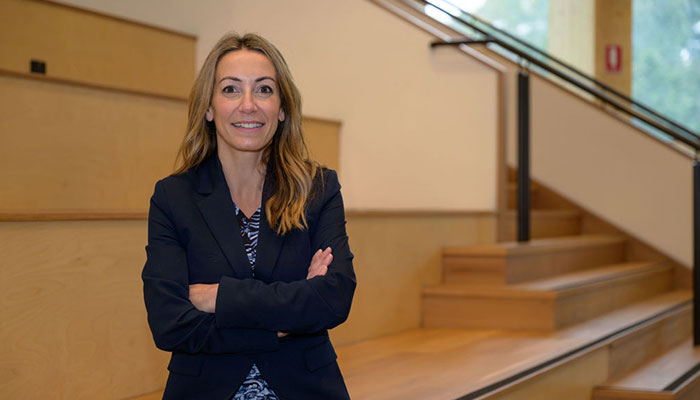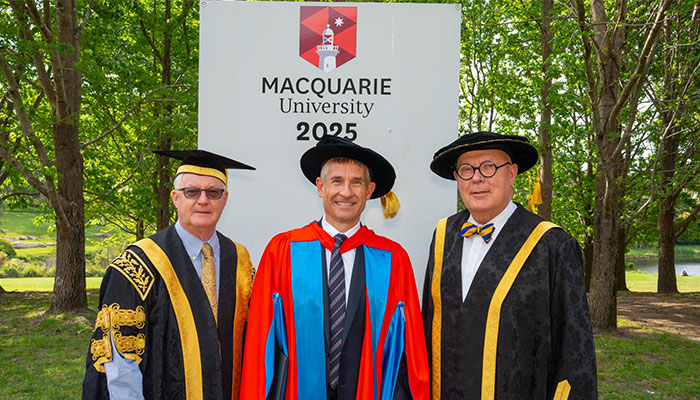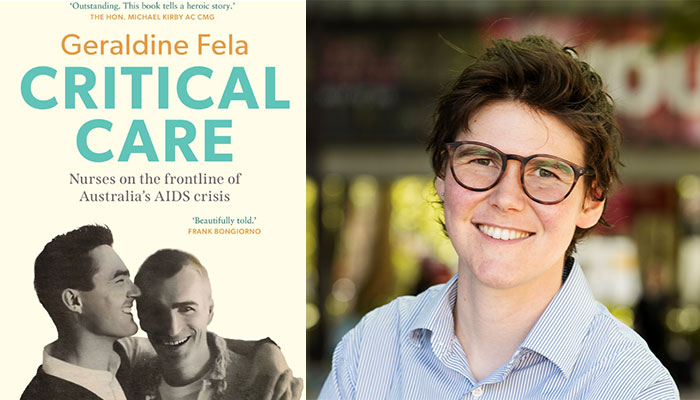The funding, announced by the Minister for Health, Ageing, Disability and the NDIS, Mark Butler, is provided through the Medical Research Future Fund as part of its Emerging Priorities and Consumer Driven Research initiative.
Titled ‘Patient-led identification of unmet health and psychosocial needs by people with intellectual disability’, the project seeks to support individuals with intellectual disability to actively participate in their healthcare through the co-design and implementation of a patient-reported outcome measures (PROMs) system.
In congratulating Professor Harrison, Deputy Vice-Chancellor (Research) Professor Sakkie Pretorius, said: “The commitment of this project to inclusive research empowers people with intellectual disability to co-design and co-lead efforts that will improve healthcare safety and quality, ensuring their voices are not only heard but central to the process.”

Professor Reema Harrison has secured major funding to co-design inclusive health tools with people with intellectual disability.
With leadership from and collaboration between people with lived experience of intellectual disability, carers, healthcare providers and multidisciplinary academic researchers, the project will produce a PROMs system that allows patients to identify emerging physical and psychosocial health needs and access appropriate care for better health and wellbeing outcomes.
Routine health assessments are a proven strategy for addressing health inequities among people with intellectual disability. PROMs are a form of patient-led health and psychosocial assessment that can identify a range of emerging physical and psychosocial health needs as people interact with the health system.
Using PROMs data, services can provide tailored care that is responsive to individual needs, including facilitating preventive health actions and providing referrals to additional services to address unmet health and psychosocial needs.
While emerging international trial evidence indicates PROMs provide effective identification of health needs, they are rarely designed for or used with people with intellectual disability, said Professor Harrison.
“When patients with intellectual disability are supported to reflect on and articulate their health and psychosocial needs through patient-led tools, we will see a powerful ripple effect,” she said.
“Not only do these tools foster greater health literacy, but they also strengthen self-advocacy among individuals and their families and carers.”
The project team includes researchers from University of Sydney, Monash University, University of New South Wales, Sydney Children’s Hospitals Network, Charles Sturt University and Western Sydney University.
The project partner organisations are Agency for Clinical Innovation, Australian Commission on Quality and Safety in Health Care, NSW Health and Monash Health.



